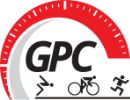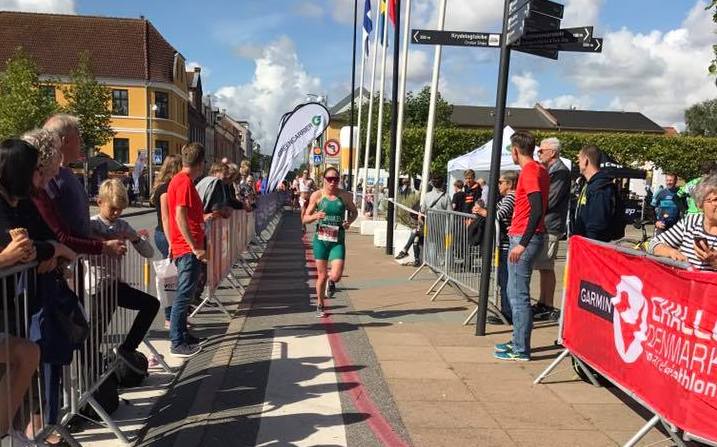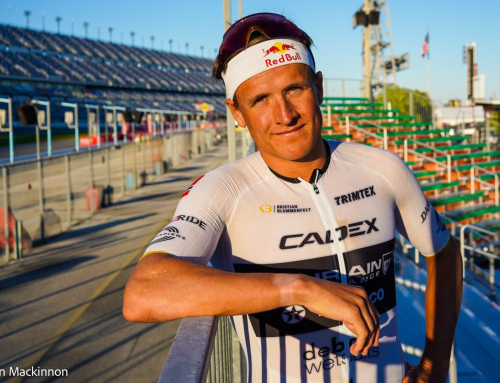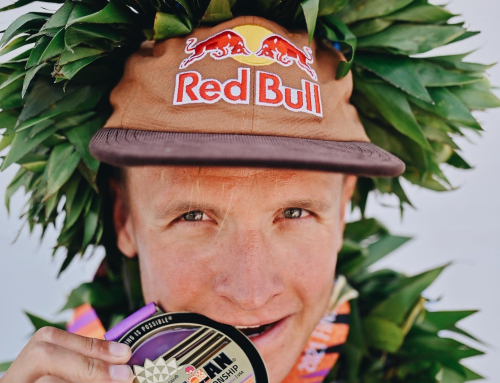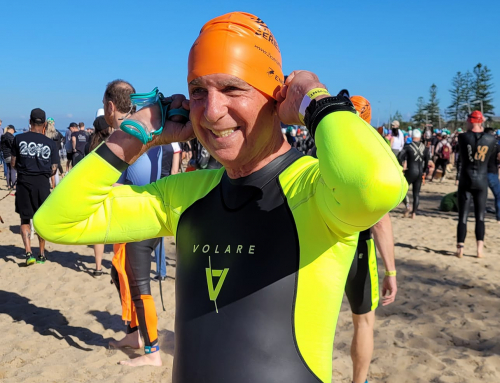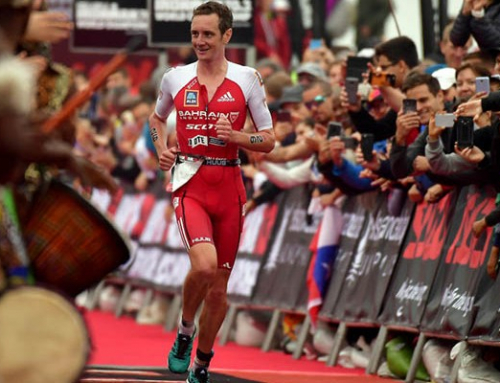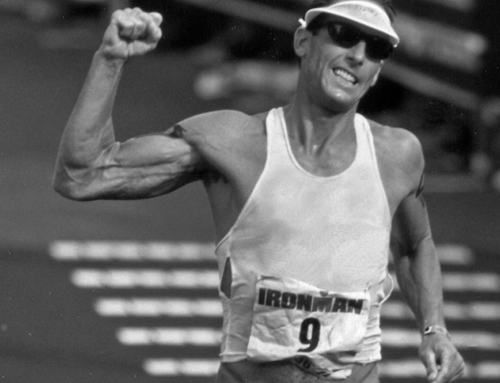Anti-Doping in Triathlon
In September at Challenge Fredericia, I was drug tested after finishing second female overall in the standard distance race. Despite competing in five ITU world championship events and several Ironman branded long distance events, it was a surprise that this was my first drug test. The WADA (World Anti-Doping Authority) representative was friendly and accommodating, ensuring I was warm enough and had enough fluid post-race. I was then taken into a local restaurant used as their headquarters for the day. I filled out some paperwork and was then instructed to urinate into a collection cup. The urine was split into an A and a B sample sealed bottle. All of this was supervised and instructed by the WADA representative with all barcodes etc. recorded and signed off. The samples were sent to Oslo for processing. Athletes are not notified if their samples are negative for doping, only if they are positive.
From both an athlete and coach’s point of view I was interested in the process and pleased to see if happening for regularly for amateur athletes in triathlon.
In the words from Triathlon Australia they, alongside ASADA (Australian Sport Anti-Doping Authority) and WADA are committed to “creating an environment where our elite athletes, age group athletes and all race participants are able to compete in a sport which is free of performance enhancing substances and methods… to have confidence that our athletes are competing in the true spirit of pure performance”.
Anti-doping is relevant to all athletes no matter what their level of performance. Many supplements purchased overseas may not label every single ingredient included in their product. That is why GPC Squad use and support Pro4mance Sport Nutrition products. They are HASTA certified to ensure that they do not contain WADA banned substances.
